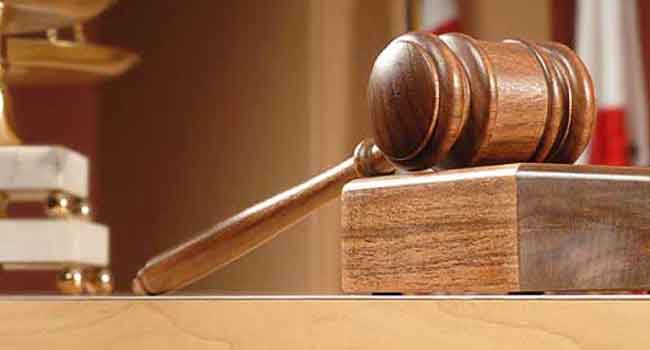By Amos Tauna, Kaduna
The National Coordinator of the Liberal Progressive and Patriotic Members Congress (LPPMC), Dr. Kingsley Okundaye, has stated that as Nigerians reflect on the implications and lessons of 12th June, the LPPMC reaffirms its commitment to fostering a Nigeria that learns from its past while striving for a brighter future.
He declared, “We call upon all Nigerians to join us in this endeavour for a nation that upholds the principles of democracy, justice, and unity.”
In a statement released on Monday, Okundaye expressed their belief in a Nigeria where individual freedoms are honoured, social justice is upheld, and the country’s democratic institutions are fortified for the benefit of all.
He remarked, “As we look forward to a more promising future, we must also reflect on the past to comprehend the challenges that have impeded our democratic progress. A particularly significant moment in Nigeria’s history is the annulment of the 12th June 1993 presidential election, widely regarded as the freest and fairest in Nigeria’s democratic journey.
“The recent acceptance of responsibility for this annulment by former military Head of State, General Ibrahim Babangida, during his book launch, has reopened old wounds and reminded us of the setbacks this decision inflicted upon our democracy.”
He asserted that the annulment of 12th June was not merely a political blunder but a devastating blow to Nigeria’s democratic evolution, arguing that it deprived the nation of the opportunity to build upon its foundation.
“Had the election been upheld, Nigeria would have established a tradition of credible elections, thereby reducing the prevalence of rigging and electoral malpractice that has since become endemic,” he opined.
The National Coordinator of LPPMC believes that the annulment exacerbated regional and ethnic divisions in Nigeria. Prior to 12th June, there was a sense of unity and hope as Nigerians from various ethnic and religious backgrounds voted overwhelmingly for Chief MKO Abiola, a Yoruba Muslim from the South, and his running mate, Babagana Kingibe, a Muslim from the North. He contended that the annulment shattered this unity and fuelled suspicions of ethnic and regional bias in the distribution of political power.
According to him, the 12th June election illustrated that Nigerians could rise above religious divides, as both Christians and Muslims supported the Muslim-Muslim ticket of Abiola and Kingibe without reservations or fears of an Islamisation agenda. He pointed out that the annulment politicised religion and sowed seeds of distrust between the two major faiths in Nigeria, a division that continues to plague politics today.
He added, “The annulment laid the groundwork for the abuse of incumbency power in Nigeria. It sent a dangerous message that those in power could manipulate the democratic process to serve their interests. This culture of impunity has persisted, with successive leaders exploiting their positions to undermine democratic institutions and entrench their hold on power.”
He noted that the annulment marked the onset of the erosion of the Electoral Commission’s independence, stating that since then, the Commission has often been perceived as a tool of the ruling party, rather than an impartial arbitrator of the electoral process, significantly undermining public trust in the electoral system.
Okundaye emphasised that the annulment eroded trust between the political elite and the Nigerian populace, reinforcing the perception that politicians and military leaders would go to any lengths to retain power, even if it meant betraying the will of the people. He lamented that this culture of betrayal and manipulation continues to define Nigerian politics.











